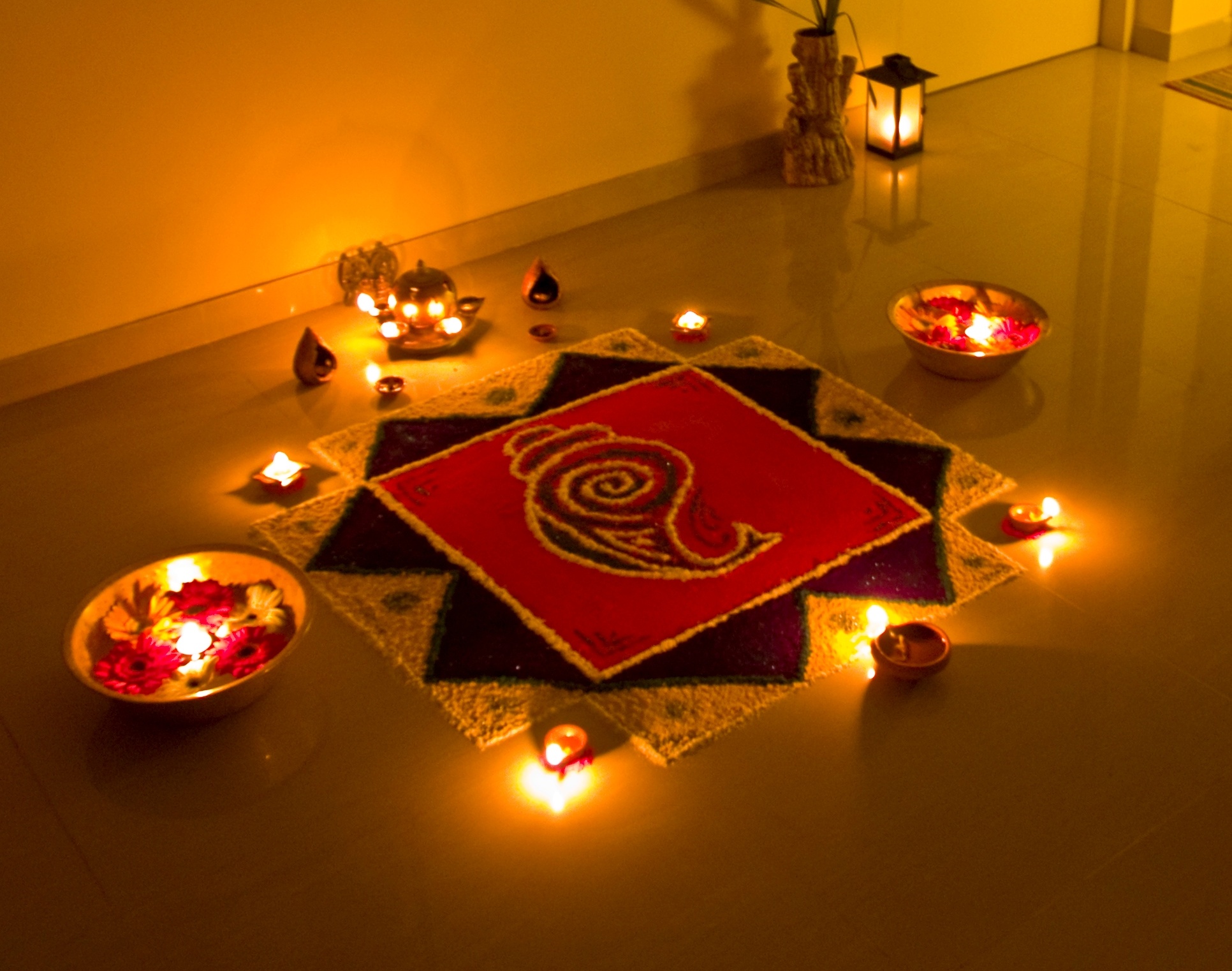Why this essay
Simplification, unless done carefully, is same is distortion. The over-simplified, “Diwali is celebration of the victory of the Good over the Evil”, is not only a distortion, but a misleading statement. It actually is exactly what Diwali is not about. Diwali is the celebration of the victory of the right action over the wrong action.
Most of us know the background, the subtle assertions and philosophy. So, the over simplified statement looks like an agreeable statement. But for the aliterate and many non-Hindus, it creates a wrong impression of how things are to be understood. Hence, this essay.
About Ravana and the War
Also, called Deepawali, the festival of Diwali started off from the Ramayana.
Ravana (or Ravan) was the king of Lanka (Some scholars disagree that the Lanka in Ramayana is same as today’s Sri Lanka. But some claim it to be so. Unfortunately, there has not been any extensive study, aiming at finding any information on this subject). He propounded a life of materialism. The kingdom was prosperous, well defended and did not have many enemies.
He was also a very learned and accomplished person. He was great devotee of Lord Shiva, and had obtained many boons He was well versed in Vedas, and other scriptures. He used to worship Lord Shiva daily. His bravery, courage, administrative abilities and expertise in weaponry was admired by all. He had great skills in using Mayawi-Shakti (that let him fly in the air, become invisible, create rains of water or fire, etc).
Then what went wrong!
Driven by excess of selfishness, egoism and pride (which he promoted all over his kingdom too), he kidnaps Devi Sita, wife of Bhagwan Ram.
That brings Ram and his allies to Ravana’s kingdom. Before the war ensues, Ram offers a peaceful alternative. If Sita was returned immediately, the kingdom would not have to face a war and pay for Ravana’s mistakes.
But Ravana, having committed a mistake, opts not to rectify the situation. He refuses the offer. The war starts.
Ultimately, on the Dusshera day, Ravana dies and Devi Sita is rescued. It is on the day of Diwali, that on the end of the exile, Bhagwan Ram and Devi Sita return to their home in Ayodhya. That is why the lights, festivities and sweets.
The Lessons and the Morals
Whenever the story of Ramayana is told, the accomplishments of Ravana are stressed upon. Also, stressed upon is the fact that when he is about to die, Bhagwan Ram asks his younger brother, Laxman to learn as much as he can from Ravana. All this to emphasise the fact that Ravana was a very learned person. And to emphasise the fact, that no one is immune to making mistakes.
That is the most important lesson that is passed on every year during Dusshera and Diwali.
While Ravana implemented his knowledge of administration well, he did not implement his knowledge of right action when, driven by ego and pride, he kidnapped Devi Sita. Mere possessing knowledge does not guarantee good actions. That knowledge has to be implemented well.
There is no Good or Evil. A person is as good or as bad as that each action he or she performs. It is the action that have good or bad effects.
We are all prone to make mistakes. Even a very learned person, unless careful, can make a mistake that will lead to bad result. Once committed, by not rectifying it, commit another action that has bad effect. By kidnapping Devi Sita, Ravana brought war to the gates of his prosperous kingdom. By not taking the peaceful offer, he refused to rectify his mistake, bring war and end to his kingdom and family.
Hindus burn the effigy of Ravana on Dusshera every year. If Ram killed Ravana, then why do we have to burn the effigy every year? The answer is simple. To remind us that we can make the same mistakes and pay for them. And unless we act on not to commit them or to rectify them, we will become like Ravana and face end in hands of someone like Bhagwan Ram. That is the lesson of Ramayana that is still relevant today.
The lesson of Diwali is same as it ever was and has not changed. Those who always choose to act right and rectify their mistakes, prevail.
Diwali is the celebration of the victory of the right action over the wrong action.
Another Over-simplification
In order to explain Diwali, I have read and heard people say, “Diwali is like Christmas”, or something like that.
Unless you are specifying that the comparison is just in term of desire to celebrate and share celebratory mood, there are no apparent similarities. Actually, it is Diwali celebration that is like Christmas celebration. For Hindus, Diwali is one of the many festivals that teach a lesson and have some cultural significance gelled in.
And not all Hindus celebrate Diwali is same manner, that is if they celebrate it. The dates are definitely auspicious and festivals like Onam and Durga pooja coincide with the period.
One-liners for the Impatient
There is no Good or Evil.
A person is as good or as bad as that each action he or she performs.
Diwali is the celebration of the victory of the right action over the wrong action.
Diwali celebration is just like Christmas celebration.
Image: – originally posted to Flickr as The Rangoli of Lights

